
Find Help
More Items From Ergsy search
-
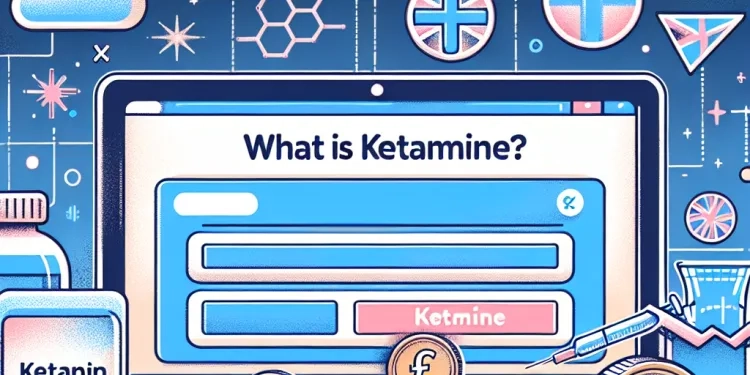
What is Ketamine?
Relevance: 100%
-
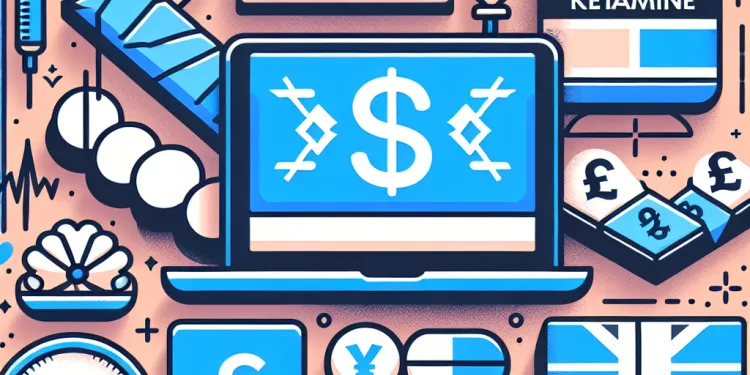
Is ketamine addictive?
Relevance: 100%
-

Is ketamine legal?
Relevance: 99%
-
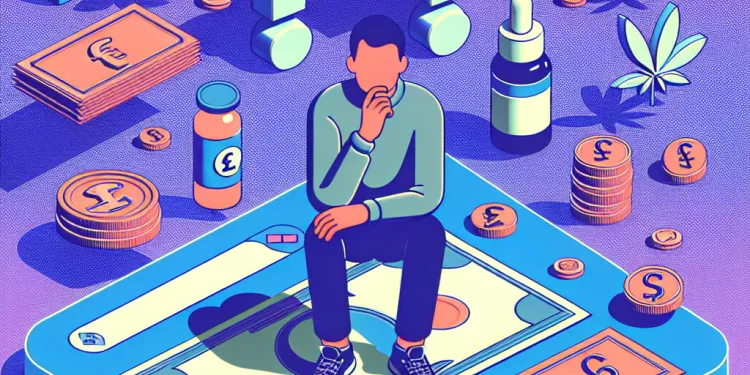
Is ketamine a controlled substance?
Relevance: 96%
-
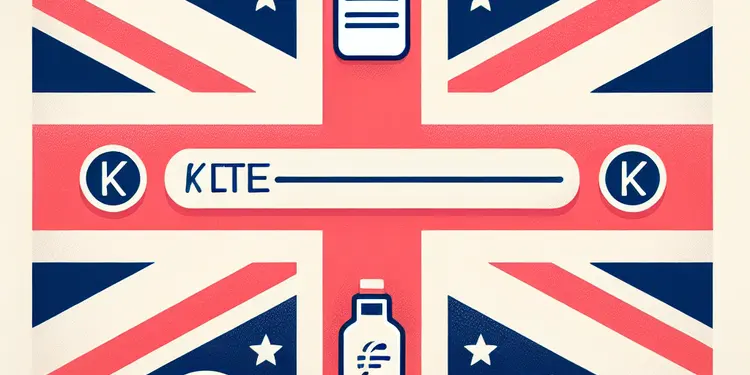
What is the classification of ketamine?
Relevance: 96%
-
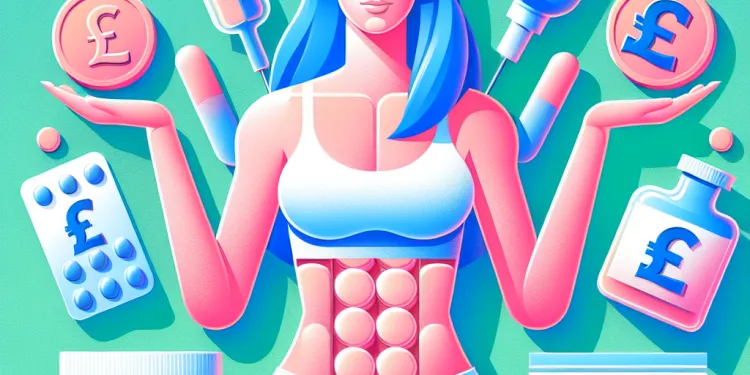
Is ketamine safe for everyone?
Relevance: 95%
-
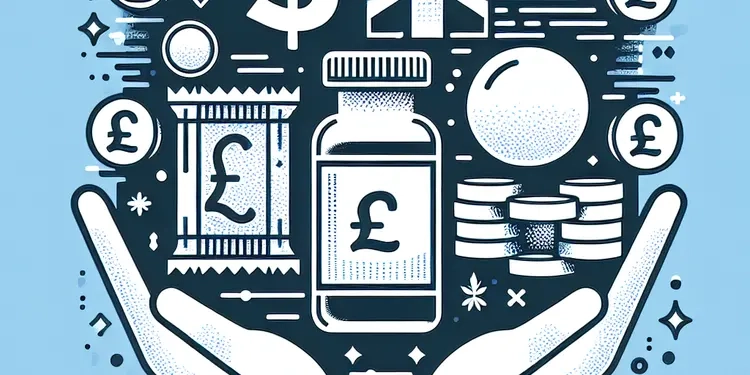
Is Ketamine a Class B drug?
Relevance: 95%
-
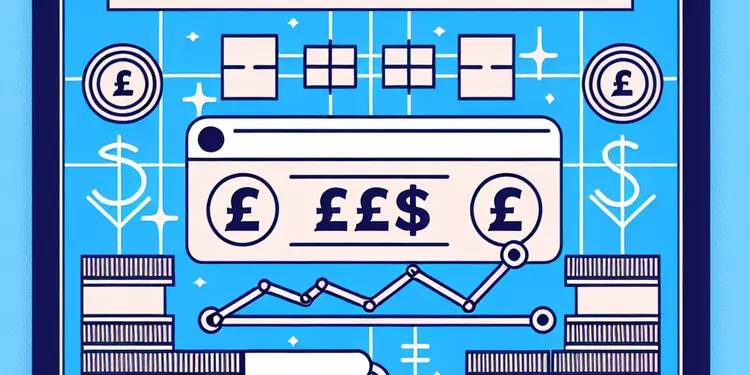
Is the production of ketamine regulated?
Relevance: 95%
-
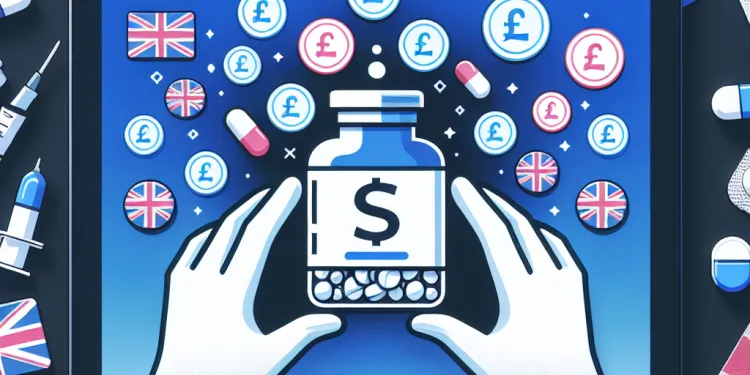
How is ketamine administered?
Relevance: 95%
-

Is it legal to import ketamine?
Relevance: 95%
-
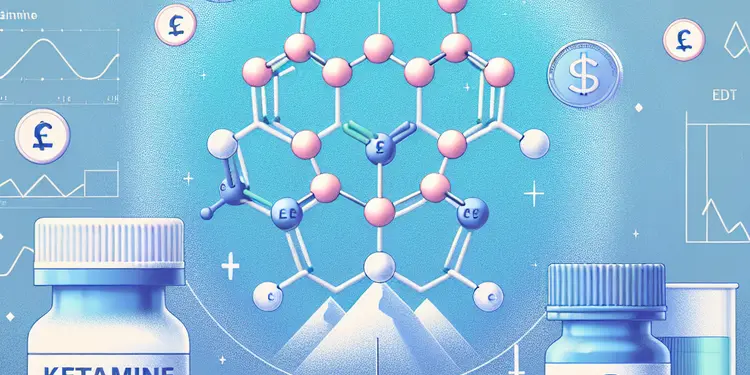
What are the medical uses of ketamine?
Relevance: 92%
-

What is ketamine infusion therapy?
Relevance: 92%
-
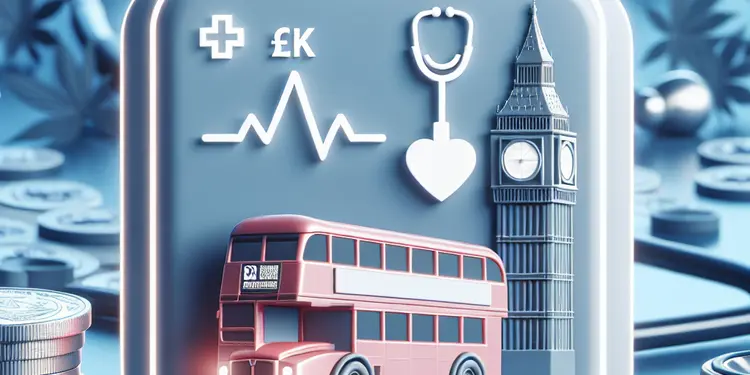
Are there any legal uses for ketamine?
Relevance: 92%
-
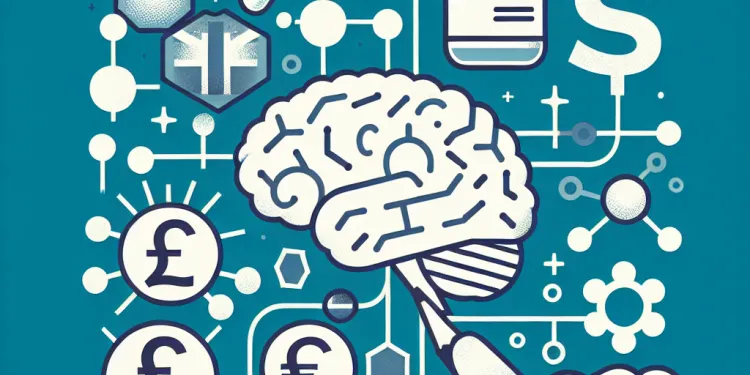
How does ketamine work?
Relevance: 92%
-

What is the potential for addiction with ketamine?
Relevance: 92%
-
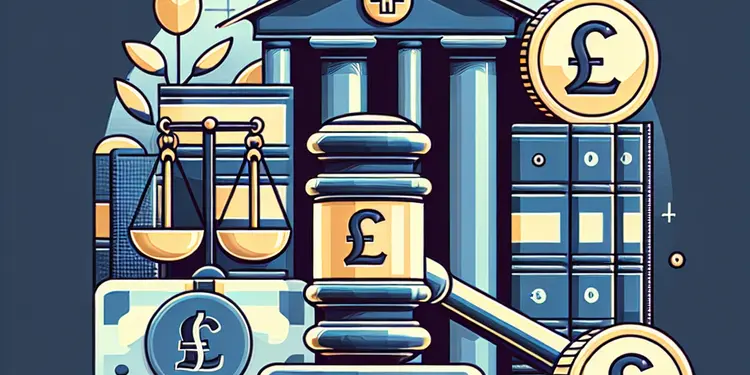
What is the penalty for supplying ketamine in the UK?
Relevance: 91%
-

What is the penalty for possessing ketamine in the UK?
Relevance: 89%
-
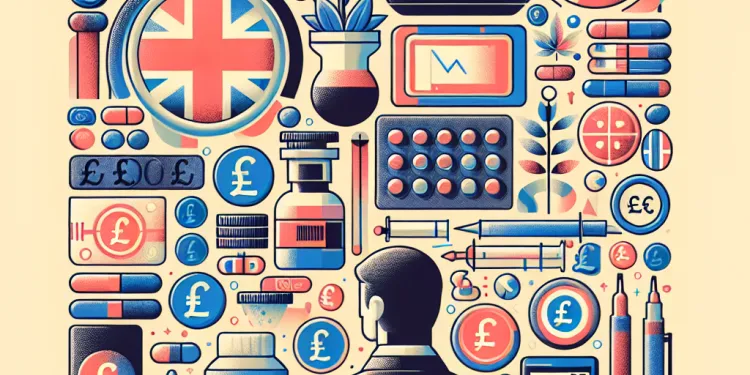
What are the common side effects of ketamine?
Relevance: 89%
-

What is the legal status of ketamine in Canada?
Relevance: 89%
-
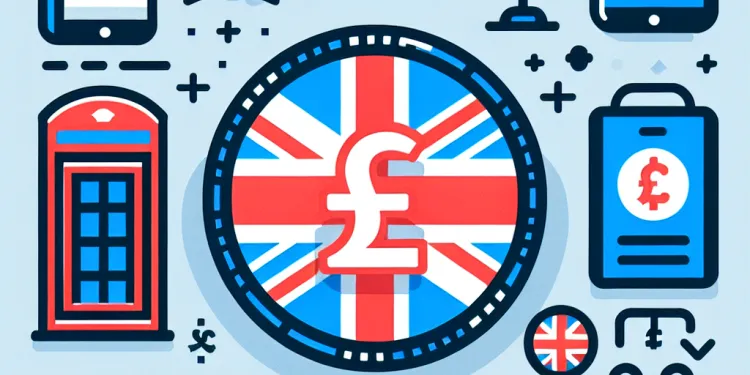
Does ketamine have long-term effects?
Relevance: 89%
-
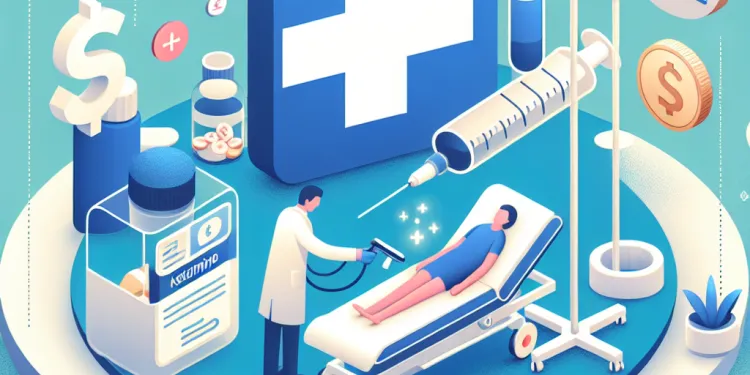
What conditions is ketamine used to treat?
Relevance: 89%
-
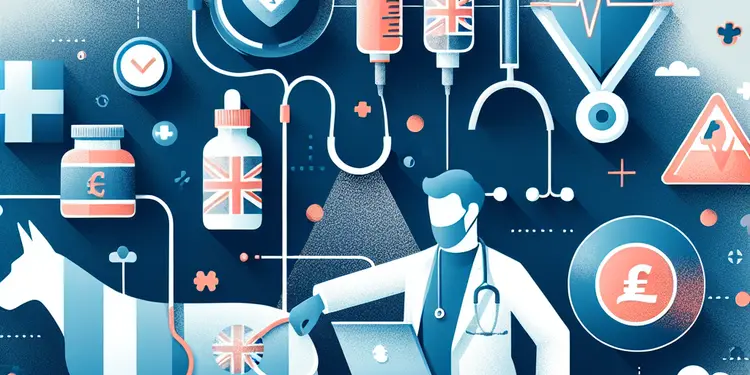
How is ketamine used in veterinary medicine?
Relevance: 88%
-
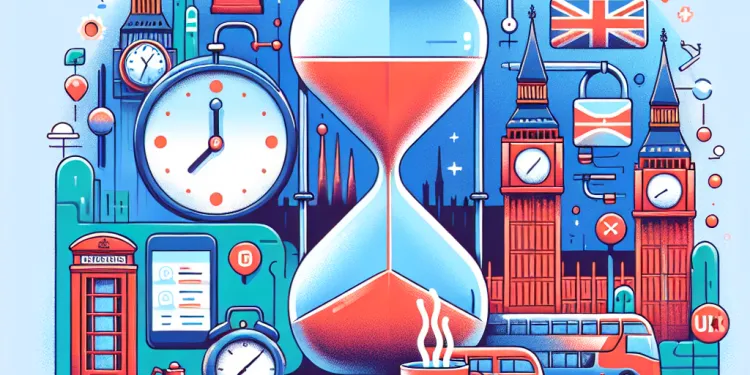
How long do the effects of ketamine last?
Relevance: 88%
-

What is the difference between ketamine and esketamine?
Relevance: 87%
-
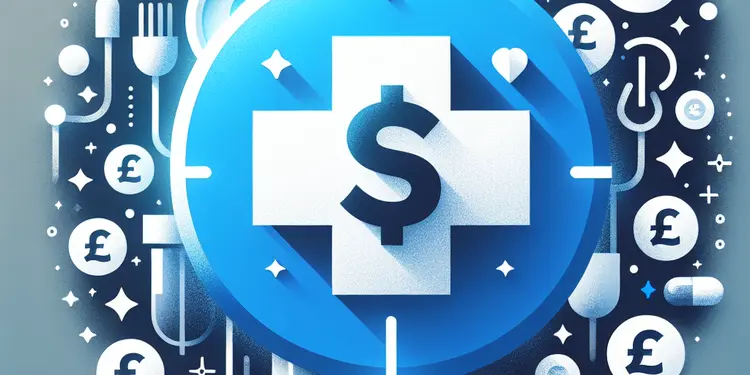
Are there any treatment programs for ketamine addiction?
Relevance: 87%
-
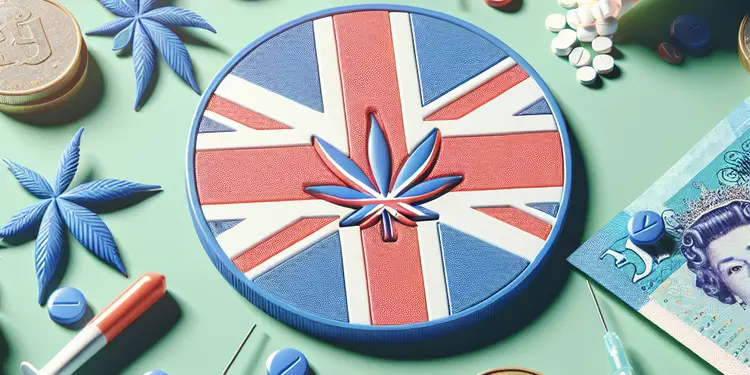
Can ketamine be used for recreational purposes legally?
Relevance: 87%
-

Is ketamine considered a controlled substance in the United States?
Relevance: 87%
-
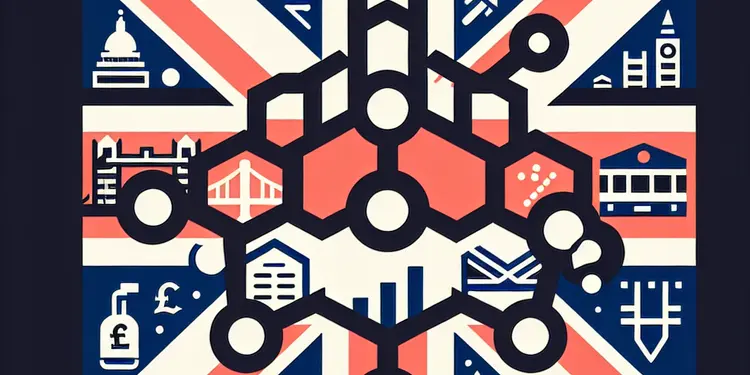
Does the classification of ketamine differ between countries?
Relevance: 86%
-
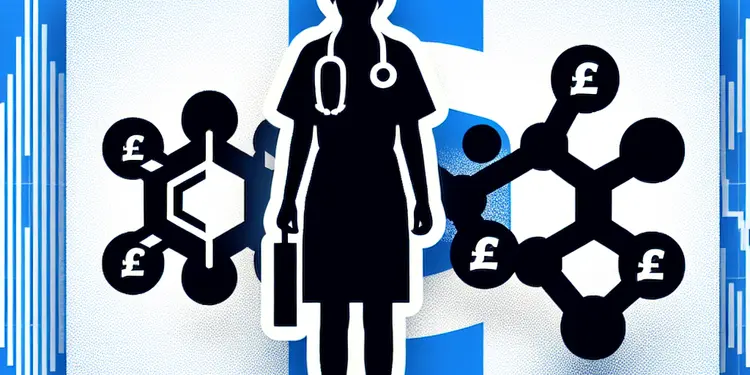
Can ketamine be prescribed for mental health conditions?
Relevance: 86%
-
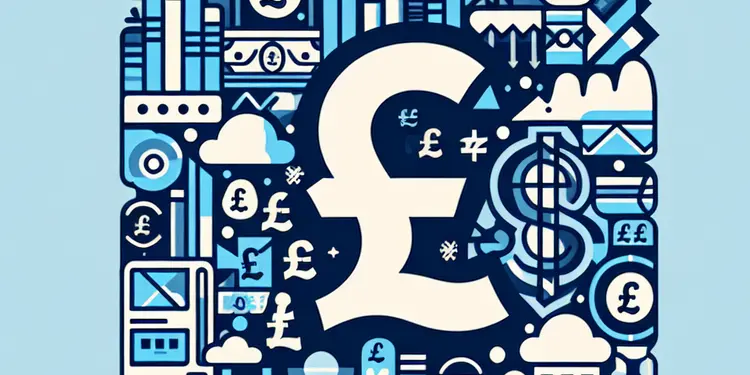
What are the known side effects of ketamine usage?
Relevance: 86%
-

What precautions are necessary when using ketamine?
Relevance: 86%
-
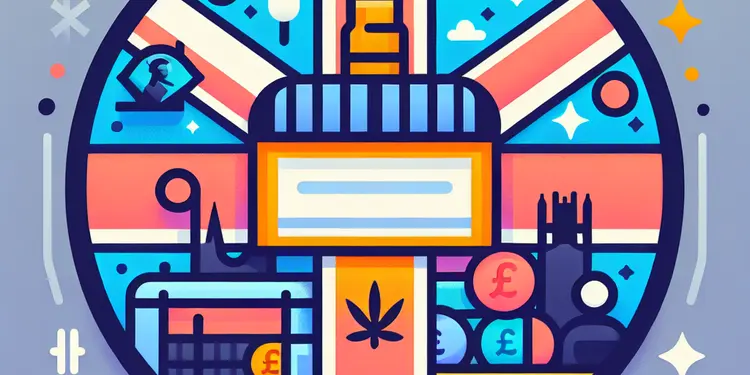
What does it mean for ketamine to be a Class B drug in the UK?
Relevance: 86%
-

How is ketamine different from traditional antidepressants?
Relevance: 86%
-

Has ketamine's classification changed over time?
Relevance: 85%
-
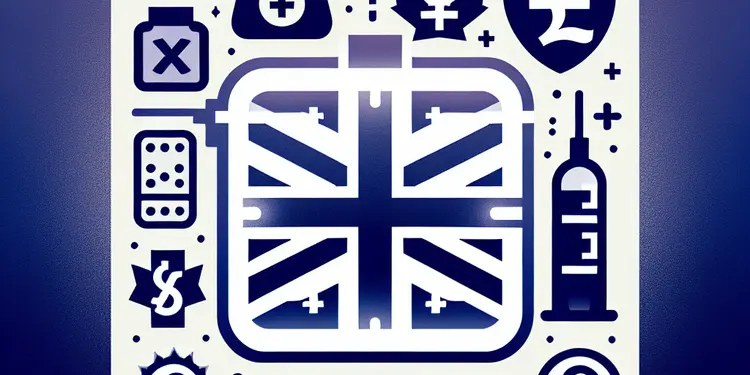
How can I legally obtain ketamine for medical use?
Relevance: 84%
-

Why was ketamine reclassified from Class C to Class B in the UK?
Relevance: 83%
-

What should I expect during a ketamine infusion?
Relevance: 59%
-

How quickly can ketamine alleviate depression symptoms?
Relevance: 57%
-
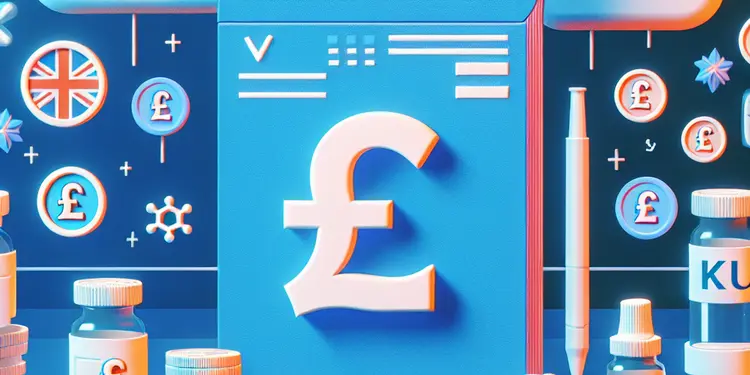
Are there any legal uses for ketamine?
Relevance: 39%
-
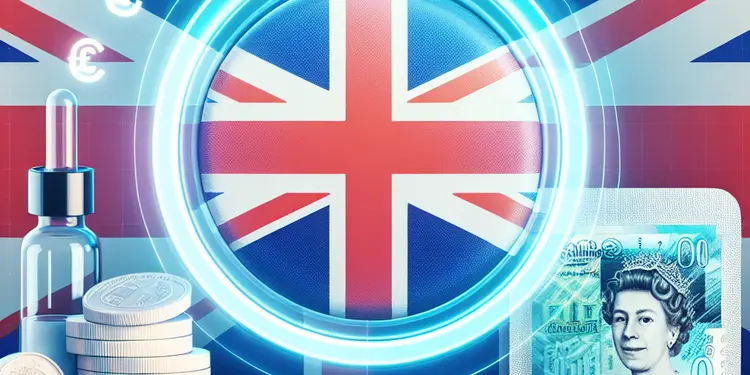
Are there any legal uses for ketamine?
Relevance: 39%
Introduction to Ketamine
Ketamine is a medication primarily known for its use as an anesthetic and pain reliever. It was first developed in the 1960s and has been utilised in both human and veterinary medicine. However, in recent years, ketamine has gained attention for its potential in treating mental health disorders, particularly depression. Understanding how ketamine works can help shed light on its applications in healthcare.
Mechanism of Action
Ketamine operates through a unique mechanism compared to other anesthetics. It primarily functions as an N-methyl-D-aspartate (NMDA) receptor antagonist. The NMDA receptors are part of the glutamate system in the brain, which is crucial for synaptic plasticity, memory function, and overall brain communication. By blocking these receptors, ketamine is able to dampen the excitatory actions of glutamate, which plays a critical role in its anesthetic and analgesic effects.
Apart from NMDA receptor antagonism, ketamine also influences a variety of other receptors and pathways in the brain, including opioid receptors and the monoaminergic system, which involves neurotransmitters such as serotonin and dopamine. These interactions contribute to the complexity and effectiveness of ketamine's action in the central nervous system.
Ketamine and Depression
Recent studies have indicated that ketamine may offer rapid relief from symptoms of depression, including in individuals who have not responded well to traditional antidepressants. The rapidity of its effects, often observed within hours, sets it apart from conventional treatments which typically take weeks to exhibit noticeable benefits.
The antidepressant effects of ketamine are believed to be linked to its impact on glutamatergic neurotransmission and subsequent enhancement of synaptic plasticity. Research has shown that ketamine may increase the production of brain-derived neurotrophic factor (BDNF), a protein associated with neuroplasticity and neural growth, which might underlie the mood-elevating effects observed in some patients.
Potential Side Effects and Considerations
While ketamine shows promise, it is not without potential side effects. Commonly reported adverse effects include dissociation, hallucinations, and elevated blood pressure, which are typically short-lived. As such, its use is often carefully monitored by healthcare professionals, particularly in the context of mental health treatments.
In the UK, ketamine is classified as a Schedule 2 controlled drug under the Misuse of Drugs Regulations 2001, meaning its distribution and use are tightly regulated. This classification underscores the need for a balanced approach, maximizing therapeutic potential while minimizing risks associated with misuse or abuse.
Conclusion
Ketamine's distinct mechanism of action distinguishes it from traditional anesthetics and antidepressants. Its ability to modulate glutamatergic systems and potentially stimulate neuroplasticity offers promising routes for treatment-resistant depression. However, due diligence in its application is crucial to ensure safe and effective outcomes for patients in the UK and beyond.
Introduction to Ketamine
Ketamine is a medicine that helps with pain and makes people sleep during operations. It was made in the 1960s. Doctors use it for both people and animals. Nowadays, ketamine is also being looked at to help with mental health problems, like depression. Learning how ketamine works can help us understand how it helps in medicine.
How Ketamine Works
Ketamine works differently from other medicines used to make people sleep. It mainly stops a part of the brain called the NMDA receptor. These receptors help with learning and remembering things. By stopping these receptors, ketamine helps stop pain and calm the brain.
Besides NMDA receptors, ketamine also affects other parts of the brain. It touches places that involve happiness chemicals like serotonin and dopamine. This makes ketamine work well in many ways in the brain.
Ketamine and Depression
Studies show ketamine can quickly help people feel better if they are depressed, even if other medicines didn’t help. It can make people feel better in just a few hours, while many other depression medicines take weeks to work.
Ketamine might help the brain grow and change, which helps people feel better. It may increase something called BDNF, which is important to keep the brain healthy and help people feel happier.
Possible Side Effects and Things to Consider
Ketamine can cause side effects. Some people may feel disconnected, see things that are not there, or have higher blood pressure. These effects usually go away quickly. Because of these side effects, doctors watch people closely when they use ketamine for mental health.
In the UK, ketamine is a special controlled medicine. This means its use is carefully controlled to make sure it is used safely and correctly. This helps to use ketamine’s benefits while lowering the risk of problems or misuse.
Conclusion
Ketamine works in a special way that is different from other medicines. It may help with depression that does not get better with other treatments. But, using ketamine safely is very important to help people feel better without problems, in the UK and everywhere.
Frequently Asked Questions
What is ketamine?
Ketamine is a medication primarily used for starting and maintaining anesthesia. It induces a trance-like state while providing pain relief, sedation, and memory loss.
How does ketamine work in the brain?
Ketamine works by blocking the NMDA receptor in the brain, which is involved in pain perception, memory, and learning. By inhibiting this receptor, ketamine affects the communication between neurons.
Is ketamine used for depression?
Yes, ketamine has been found to have rapid antidepressant effects in some patients with treatment-resistant depression. It is believed to work by modulating glutamate levels and improving synaptic function.
How quickly does ketamine take effect?
When used for anesthesia, ketamine takes effect within minutes. For depression treatment, its effects can be noticed within hours, making it much faster-acting compared to traditional antidepressants.
What are the common side effects of ketamine?
Common side effects include hallucinations, elevated blood pressure, and nausea. In a controlled medical setting, these are monitored and managed by healthcare providers.
Is ketamine addictive?
Ketamine has the potential for abuse and addiction, particularly in recreational settings. However, when used medically under supervision, the risk of addiction is much lower.
Can ketamine be used for pain management?
Yes, ketamine is sometimes used for managing acute and chronic pain, especially in cases where other pain management strategies have failed.
How is ketamine administered?
Ketamine can be administered intravenously, intramuscularly, or orally. In medical settings, the intravenous route is commonly used for rapid onset of effects.
Why does ketamine cause hallucinations?
Ketamine affects the brain's glutamate system and can alter perceptions and consciousness, leading to hallucinations. These effects are often described as dissociative.
What is NMDA receptor and its role in ketamine's effects?
The NMDA receptor is a type of glutamate receptor in the brain that ketamine blocks. This receptor is crucial for synaptic plasticity and memory function. Ketamine's blockade of this receptor is thought to contribute to its anesthetic and antidepressant effects.
Is ketamine safe?
Ketamine is considered safe when administered by trained medical professionals in a controlled environment. Its safety profile is well-understood, but it requires careful monitoring.
Does ketamine have long-term effects?
While acute effects and possible side effects are well-documented, long-term effects of ketamine, particularly in repeated recreational use, can include cognitive impairments and urinary tract issues.
What is the history of ketamine's medical use?
Ketamine was developed in the 1960s and was used as a battlefield anesthetic in the Vietnam War due to its safety profile and lack of respiratory depression.
How does ketamine differ from traditional antidepressants?
Unlike traditional antidepressants that typically take weeks to show effects, ketamine can produce rapid antidepressant effects, often within hours. It also acts on different pathways in the brain.
Is ketamine used in veterinary medicine?
Yes, ketamine is commonly used in veterinary medicine for anesthesia, as it is effective in a wide range of animal species.
Can ketamine be used together with other medications?
Yes, but it should only be done under medical supervision since it can interact with other medications, potentially causing enhanced effects or complications.
What is ketamine infusion therapy?
Ketamine infusion therapy involves the administration of ketamine via an IV drip in controlled doses over a set period, often used to treat depression or chronic pain.
Are there any medical contraindications for ketamine use?
Yes, ketamine may not be suitable for individuals with certain medical conditions such as schizophrenia or severe cardiovascular disease. A medical evaluation is essential.
What are the risks of recreational ketamine use?
Recreational use raises risks of addiction, cognitive impairments, psychosis, and physical health issues, particularly in unregulated settings.
How is research on ketamine advancing medical treatments?
Research into ketamine's mechanisms and effects is expanding the potential uses of the drug, particularly in mental health, creating new therapeutic options and insights into brain function.
What is ketamine?
Ketamine is a medicine. People sometimes use it when they have surgery to not feel pain. It can also help with some mental health problems. If you want to learn more, ask a doctor or a trusted adult.
If it's hard to read, you can use tools like a dictionary app to look up words. You can also ask someone you trust to explain it to you.
Ketamine is a medicine. Doctors use it to help people sleep during surgery. It makes you feel like you are dreaming. It stops pain, helps you relax, and makes you forget what happened.
- Tip: When reading, point to each word with your finger.
- Tool: Use text-to-speech to hear the words read out loud.
How does ketamine work in the brain?
Ketamine is a medicine. It works in the brain to help with some illnesses. Ketamine can help change how the brain talks to itself.
Doctors think ketamine might block some signals in the brain. This can make people feel better if they are sad or have bad thoughts.
If you find it hard to read, it's okay to ask someone to read it with you. Listening to the words can help you understand better.
Using pictures or videos to learn about ketamine can also be a big help!
Ketamine is a medicine. It stops something in the brain called the NMDA receptor from working. This receptor helps us feel pain, remember things, and learn. When ketamine stops it, brain cells talk to each other differently.
To help understand this, you can:
- Use simple words to talk about it.
- Draw pictures of how ketamine works in the brain.
- Ask someone to read it with you and explain.
- Use apps that read text out loud.
Can ketamine help with feeling sad?
Yes, ketamine can help some people who feel very sad and have not been helped by other medicines. It works by changing certain chemicals in the brain to help people feel better.
How fast does ketamine work?
When doctors use ketamine to make people sleep for surgery, it works in a few minutes. For helping with sadness, ketamine can help people feel better in a few hours. This is much quicker than usual medicines for sadness.
What happens to your body when you take ketamine?
Some side effects of this medicine are seeing things that are not real, high blood pressure, and feeling sick. At the hospital or clinic, doctors and nurses watch you and help if these happen.
Can you get hooked on ketamine?
Ketamine is a drug. Some people might want to use it again and again. This is called being hooked.
If you or someone you know has questions about ketamine, talk to a doctor. They can help.
Using pictures or videos can also help you understand more about this topic.
Ketamine can be used in ways that are not safe, and people might want to use it all the time. This is more risky when people use it for fun. But, if a doctor is giving you ketamine, it is much safer and you are less likely to want to use it too much.
If reading is hard for you, here are some tips to help:
- Use a ruler or your finger to help follow the words.
- Ask a friend or adult to read with you.
- Take breaks if you need to.
Can ketamine help with pain?
Yes, doctors sometimes use ketamine to help with bad pain. It's used when other ways to stop the pain don't work.
How do you take ketamine?
You can give ketamine in three ways: through a needle in your vein, a shot in your muscle, or by mouth. Doctors often use a needle in your vein because it works fast.
Why does ketamine make people see things that are not real?
Ketamine is a drug that can change how your brain works. It affects a part of your brain called the glutamate system. This can make you see or hear things that aren’t there, called hallucinations. When this happens, it’s called feeling dissociated.
What is an NMDA receptor and what does it do when we use ketamine?
An NMDA receptor is a part of our brain that helps us think and learn.
Ketamine is a medicine that can change how we feel. It affects the NMDA receptor to do this.
If reading is hard, using pictures or videos can help you understand better. You can also ask someone to read with you.
The NMDA receptor is a part of the brain that helps with learning and remembering things. Ketamine is a medicine that can stop this part from working. This stopping action is why ketamine can make you feel less pain and can also help with feeling sad.
Is Ketamine Safe?
Is ketamine okay to use? Ketamine can be dangerous, so doctors need to be the ones to give it to you. It can make people feel very different, and it is important to be careful.
Ask a doctor if you have any questions. They can give you the best advice. Also, think about using pictures or videos to help you understand more.
If you want, you can ask someone you trust to help explain it to you.
Ketamine is safe when doctors or nurses give it in a hospital or clinic. Doctors know a lot about it, but they need to watch the patient closely.
Can ketamine harm you for a long time?
We know about the short-term effects and side effects of ketamine. But using it a lot over a long time can be bad. It might hurt your thinking skills and cause problems when you pee.
How has ketamine been used in medicine over time?
Ketamine is a medicine that was made in the 1960s. It was used to help hurt soldiers in the Vietnam War because it is safe and it doesn't make it hard to breathe.
What makes ketamine different from regular depression medicine?
Some medicines for feeling better can take a long time to work. Ketamine is different. It can help people feel better in just a few hours. It works in a new way in the brain.
Do vets use ketamine for animals?
Yes, vets often use ketamine to make animals sleep during operations. It works well for many kinds of animals.
Can you use ketamine with other medicines at the same time?
When you take medicine, it is important to know if you can use it with other medicine.
Ketamine is a kind of medicine. Before using it with another medicine, ask a doctor or nurse.
Here are some tools to help you:
- Talk to a doctor or nurse.
- Use a medicine app to check. You can find these on a smartphone.
Yes, but only if a doctor is watching closely. It can mix with other medicines and might cause problems or make effects stronger.
What is Ketamine Infusion Therapy?
Ketamine Infusion Therapy is a way doctors use medicine called ketamine to help people feel better.
Ketamine can help with pain and sadness.
Doctors give ketamine through a tiny tube in your arm. It is like getting medicine at the hospital.
If you have questions or feel worried, you can talk to your doctor. They can explain more to you.
Using pictures or videos can help you understand better.
Ketamine infusion therapy is when doctors give small amounts of a medicine called ketamine through an IV drip. This treatment helps with depression or long-lasting pain.
Can anyone not use ketamine because of health reasons?
Ketamine might not be safe for people with certain health problems like schizophrenia or serious heart disease. You need to see a doctor first.
What can happen if you use ketamine for fun?
Using drugs for fun can be dangerous. It can make you addicted. It can hurt your brain and make you see or hear things that aren't real. It can also make your body sick. This is even more risky if there are no rules to keep you safe.
Tools like reading apps or listening to audiobooks can help you understand this better.
How is research on ketamine helping doctors?
Scientists are learning how ketamine works and what it does. This helps them find new ways to use ketamine, especially to help with mental health. It gives doctors new ways to help people feel better and understand how the brain works.
Useful Links
This website offers general information and is not a substitute for professional advice.
Always seek guidance from qualified professionals.
If you have any medical concerns or need urgent help, contact a healthcare professional or emergency services immediately.
Some of this content was generated with AI assistance. We’ve done our best to keep it accurate, helpful, and human-friendly.
- Ergsy carfully checks the information in the videos we provide here.
- Videos shown by Youtube after a video has completed, have NOT been reviewed by ERGSY.
- To view, click the arrow in centre of video.
- Most of the videos you find here will have subtitles and/or closed captions available.
- You may need to turn these on, and choose your preferred language.
- Go to the video you'd like to watch.
- If closed captions (CC) are available, settings will be visible on the bottom right of the video player.
- To turn on Captions, click settings .
- To turn off Captions, click settings again.
More Items From Ergsy search
-

What is Ketamine?
Relevance: 100%
-

Is ketamine addictive?
Relevance: 100%
-

Is ketamine legal?
Relevance: 99%
-

Is ketamine a controlled substance?
Relevance: 96%
-

What is the classification of ketamine?
Relevance: 96%
-

Is ketamine safe for everyone?
Relevance: 95%
-

Is Ketamine a Class B drug?
Relevance: 95%
-

Is the production of ketamine regulated?
Relevance: 95%
-

How is ketamine administered?
Relevance: 95%
-

Is it legal to import ketamine?
Relevance: 95%
-

What are the medical uses of ketamine?
Relevance: 92%
-

What is ketamine infusion therapy?
Relevance: 92%
-

Are there any legal uses for ketamine?
Relevance: 92%
-

How does ketamine work?
Relevance: 92%
-

What is the potential for addiction with ketamine?
Relevance: 92%
-

What is the penalty for supplying ketamine in the UK?
Relevance: 91%
-

What is the penalty for possessing ketamine in the UK?
Relevance: 89%
-

What are the common side effects of ketamine?
Relevance: 89%
-

What is the legal status of ketamine in Canada?
Relevance: 89%
-

Does ketamine have long-term effects?
Relevance: 89%
-

What conditions is ketamine used to treat?
Relevance: 89%
-

How is ketamine used in veterinary medicine?
Relevance: 88%
-

How long do the effects of ketamine last?
Relevance: 88%
-

What is the difference between ketamine and esketamine?
Relevance: 87%
-

Are there any treatment programs for ketamine addiction?
Relevance: 87%
-

Can ketamine be used for recreational purposes legally?
Relevance: 87%
-

Is ketamine considered a controlled substance in the United States?
Relevance: 87%
-

Does the classification of ketamine differ between countries?
Relevance: 86%
-

Can ketamine be prescribed for mental health conditions?
Relevance: 86%
-

What are the known side effects of ketamine usage?
Relevance: 86%
-

What precautions are necessary when using ketamine?
Relevance: 86%
-

What does it mean for ketamine to be a Class B drug in the UK?
Relevance: 86%
-

How is ketamine different from traditional antidepressants?
Relevance: 86%
-

Has ketamine's classification changed over time?
Relevance: 85%
-

How can I legally obtain ketamine for medical use?
Relevance: 84%
-

Why was ketamine reclassified from Class C to Class B in the UK?
Relevance: 83%
-

What should I expect during a ketamine infusion?
Relevance: 59%
-

How quickly can ketamine alleviate depression symptoms?
Relevance: 57%
-

Are there any legal uses for ketamine?
Relevance: 39%
-

Are there any legal uses for ketamine?
Relevance: 39%


